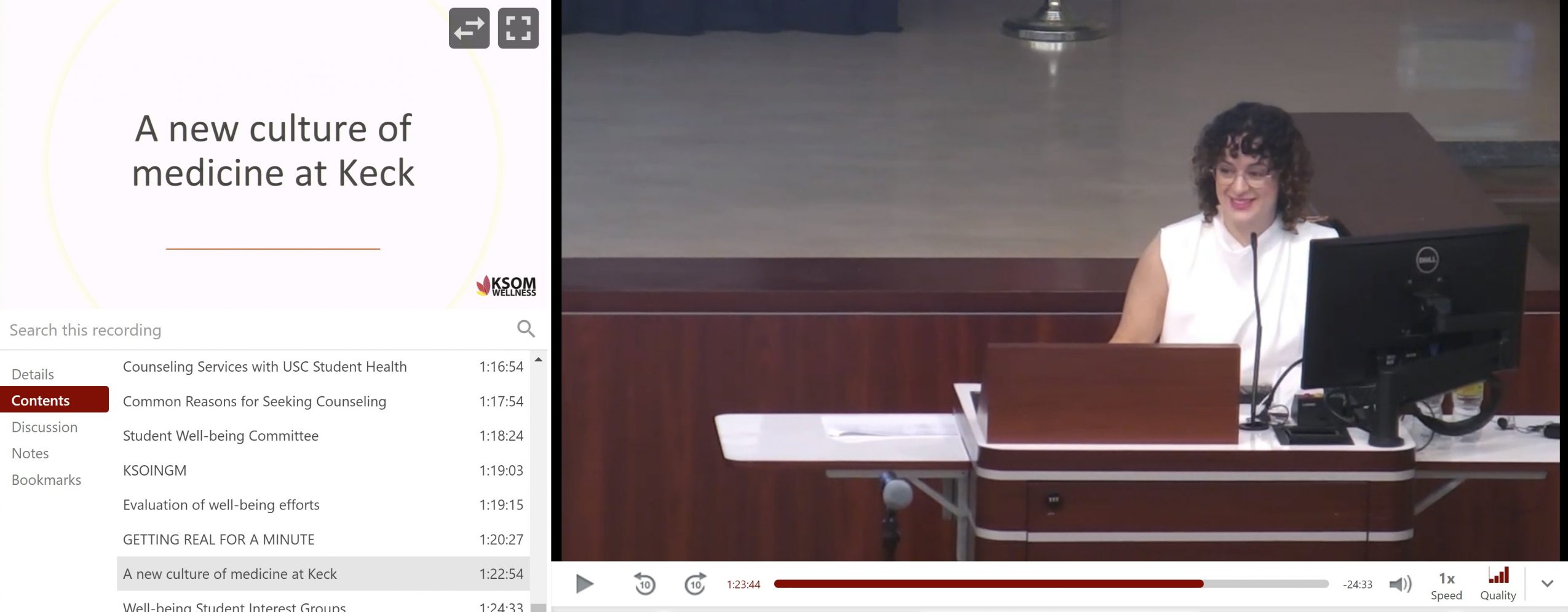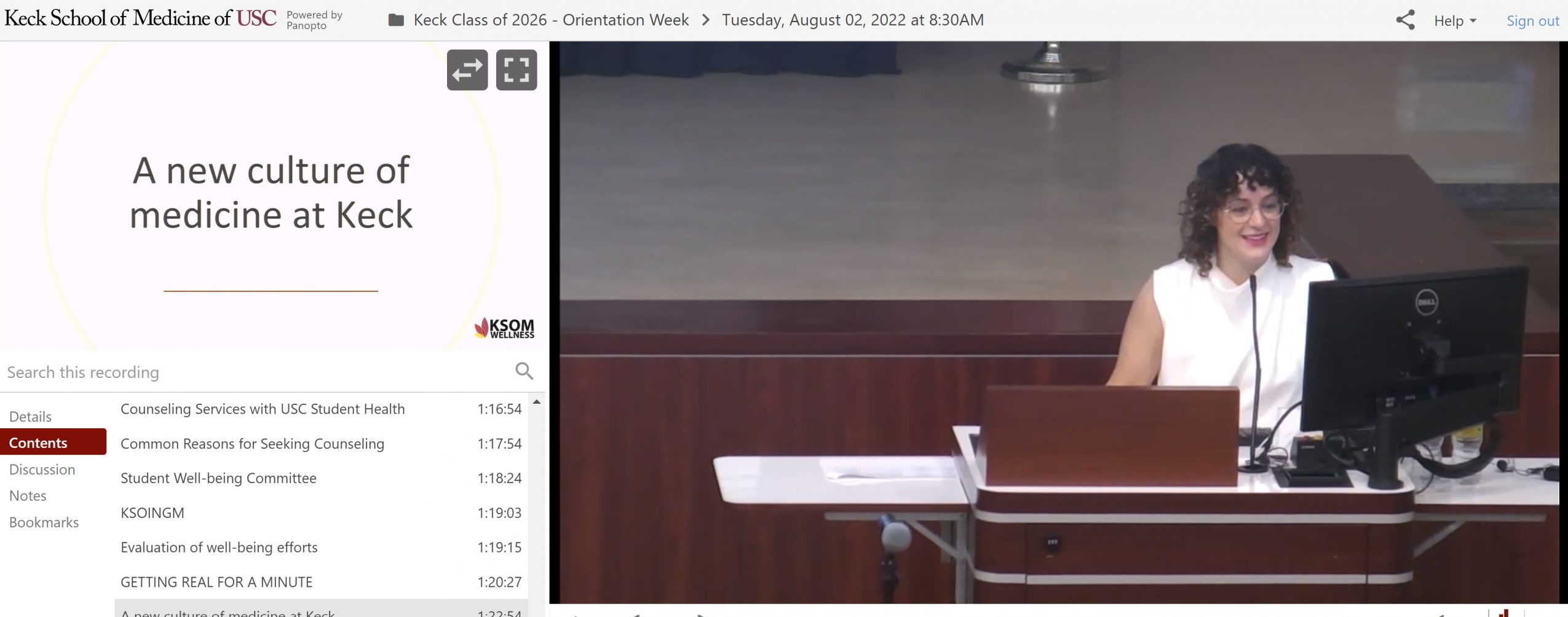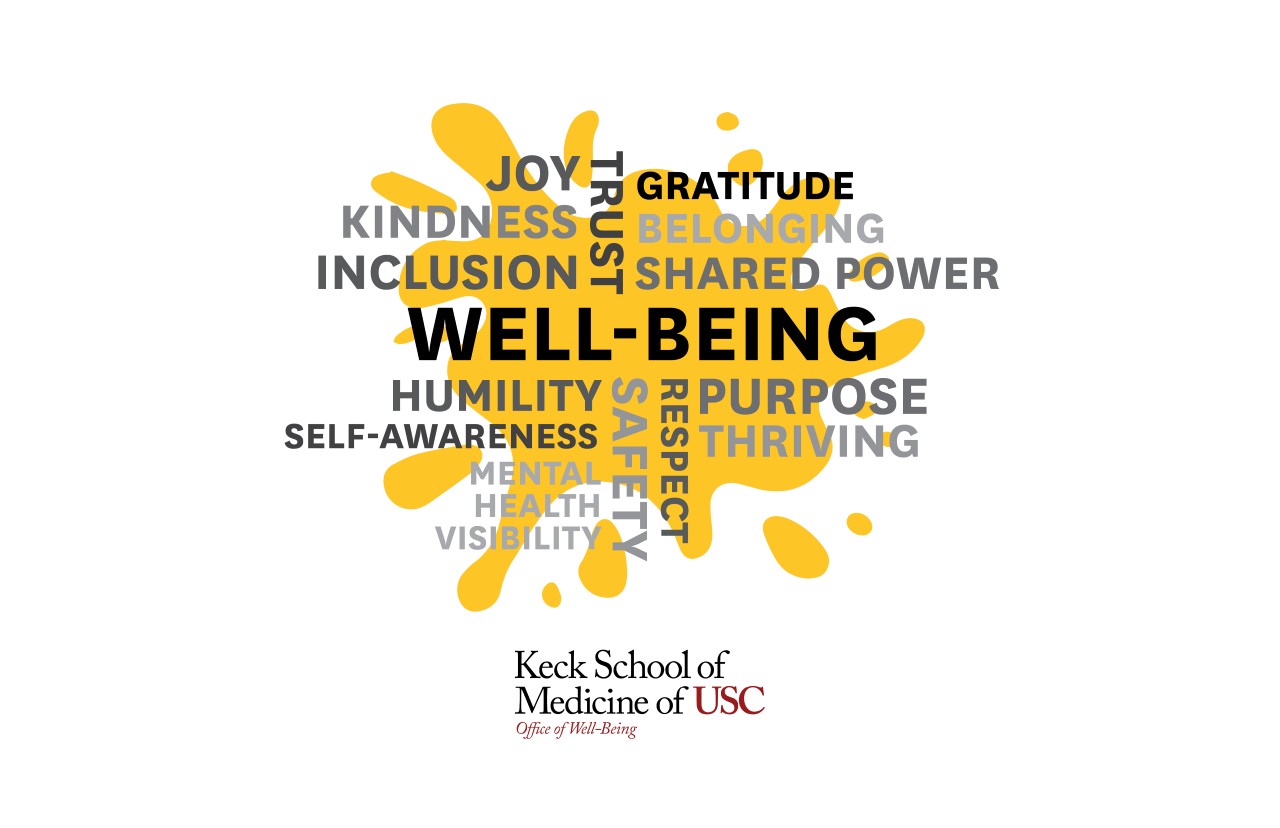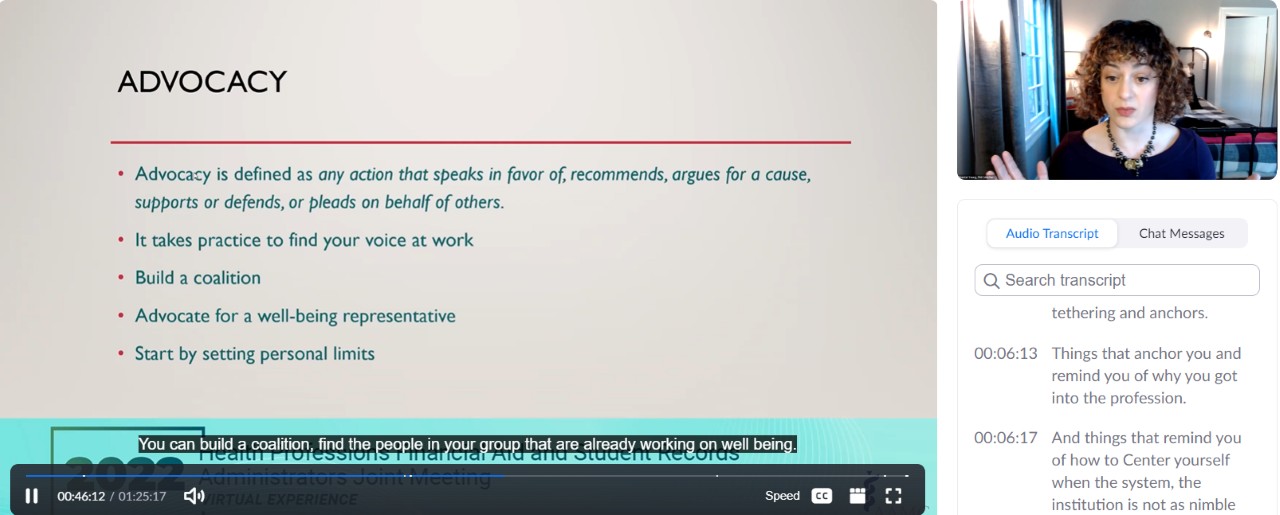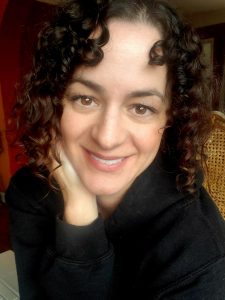
Today we’d like to introduce you to Chantal Young.
Hi Chantal, it’s an honor to have you on the platform. Thanks for taking the time to share your story with us – to start maybe you can share some of your backstory with our readers?
The last time I was interviewed by VoyageLA, it was 2017. I was pretty new to the arena of professional well-being. It’s super mind-boggling how much has happened since then. In the world at large, but also in my own professional journey.
Our world has been through a terrifying pandemic, a raw and painful renewal of social justice issues and activism, political and social division and unrest, even the start of a war. It’s no surprise that well-being has come even more sharply into focus with all this change and chaos. In 2021, I was asked to expand my well-being work at the Keck School of Medicine (KSOM) of the University of Southern California to include our entire population. I went from serving 750 medical students to now serving nearly 8,000 faculty, staff, and learners in academic medicine and other healthcare-related fields. It has been an exciting leap and a steep learning curve, with all the normal self-doubt and anxiety along the way.
But with a year under my belt, I can say that being Director of the KSOM Office of Well-being is truly my dream job: to get to make work and school life more sane and more humane for these remarkable, high-achieving people who hold the future of our healthcare in their hands. For this blessing, I’m so deeply grateful.
Our well-being strategic plan for the next year is focused on casting a vision for well-being, establishing coalitions of well-being collaborators, getting a baseline measurement of fulfillment and burnout for the entire school of medicine for the first time, developing new well-being resources and programs, and supporting departments and offices in leading their own local well-being improvement projects for their teams.
Alright, so let’s dig a little deeper into the story – has it been an easy path overall and if not, what were the challenges you’ve had to overcome?
Well-being work is hard, there is no way around it. Inherent to this work are what we call “wicked problems,” or problems that have contradictory demands and seem to have no good answer. This is not unique to KSOM. Across the country, those of us in this field are facing a huge challenge: changing the culture of medicine! We face barriers like limited resources, a lack of understanding of the seriousness of burnout, a blaming of the individual instead of looking at the culture, and nay-sayers who are opposed to change – although I have learned to embrace nay-sayers as important critics of the work because they can help us identify potential roadblocks.
On tough days, I try to remember that if there were no problems in the field of medicine, there would be no need for my job at all.
But the tides are changing. Well-being in healthcare is no longer a fringe issue. Everyone knows that physicians and other professionals are burned out. The National Academy of Medicine created a Clinician Well-being Collaborative that recently released a national plan for health workforce well-being to restore the health – especially the mental health – of healthcare workers. There is designated leadership for well-being at many academic medical centers now. Our moment has arrived.
Can you tell our readers more about what you do and what you think sets you apart from others?
Two things come to mind.
I have a belief is that well-being is not the job of one person or one office but a collective community effort. I never work alone but in coalitions of change agents who meet regularly to align and strategize across our campus and even our partner institutions. It is the will of the community that will be most powerful in shifting the tides, along with our new school of medicine and hospital leadership. I’ve learned a lot from my colleagues in community organizing about how to shape organizational change over time.
Also, I used the word “burnout” several times in this interview, and while I’m glad the issue of burnout has become so well-known, the truth is I don’t like that term. It can sound like we are blaming the victim like if only a person could be stronger and more resilient, they wouldn’t be burned out. I prefer the term “moral injury,” which places the deficiency with the environment, not the individual. Moral injury refers to a state in which we are forced to bear witness to the transgression of our most deeply held moral beliefs. Unfortunately, this happens every day in healthcare and academia, where people are forced to spend our time and energy on tasks that do not align with the professional oaths they took or the personal values they hold. Over time, this injures a person’s mind, body, and soul. My work aims to heal those injuries and flower new growth on top of the scarring.
Is there a quality that you most attribute to your success?
I’m a clinical psychologist by training and bring with me years of sitting with people who are suffering. I can tolerate the pain and grief felt by professionals who have not been well and can stand with them to celebrate the incredible joy and relief of recovery and growth. I know that underneath it all, we all need the same things — to feel included, respected, cherished, and safe. I believe that the workplace and the school place have become primary venues for connection and value in our modern world and that we should honor them as such.
Contact Info:


